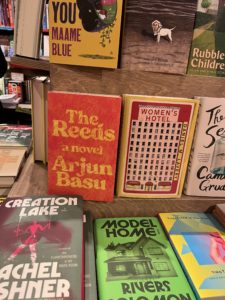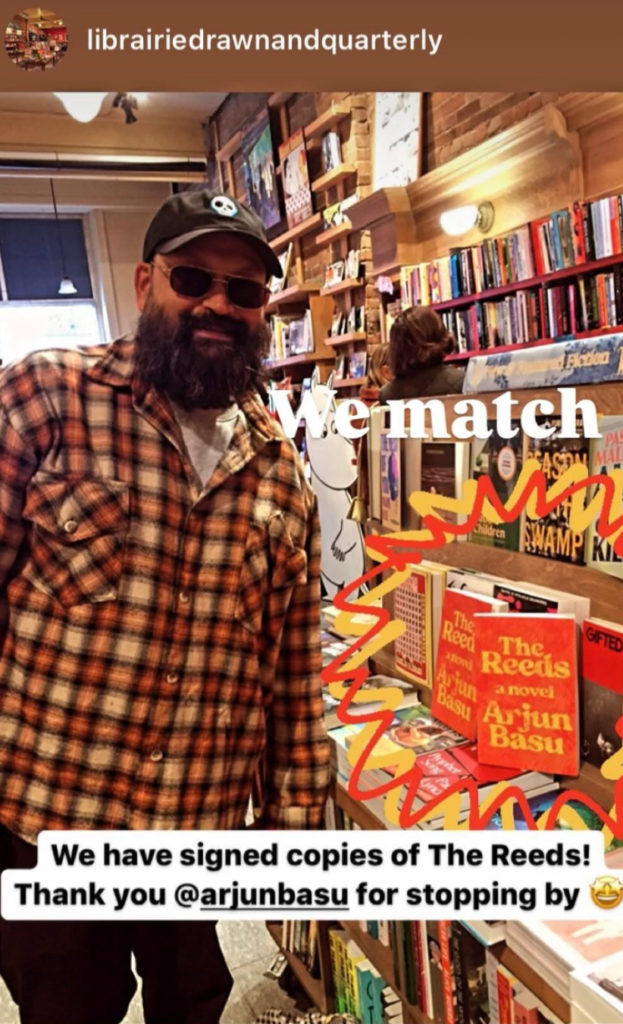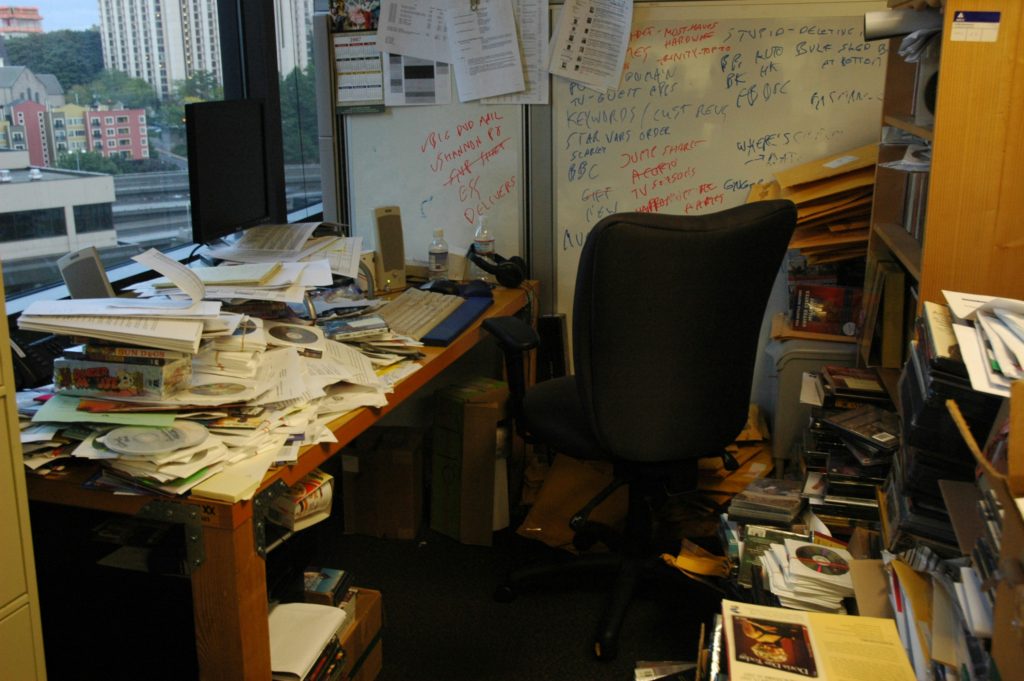
Photo by Wonderlane on Unsplash
Culture and Society
We live in an era of cultural stagnation and creative plenty. A new musical form will finally gain traction in “the west” but it won’t originate in “the west.” An unexpected narrative form will develop from the most unexpected place. We need the return of gatekeepers, or at least, moat builders. I realize this makes me old. The past year/decade has proven that the path of least resistance is almost always the wrong path. We need to reaffirm the supremacy of quality over convenience. The chasm between the indie/underground and the mainstream will grow wider and wider until they can no longer see each other. Print isn’t dead. The rise of analog is real. Having said that, every year it becomes more and more evident that Wall-E was a documentary from the future. The most banal of opinions almost always leads to a disproportionate amount of backlash. More people will doodle. More people will rediscover the joy of boredom. Even those whose living can be summed up as “only look at me” grow tired and grumpy when the world listens to their instruction. We should let kids make mistakes again. Wonder and transcendence are under appreciated until experienced again. Inequality used to be theoretical and when enough people don’t think it is any longer, you get a reckoning.
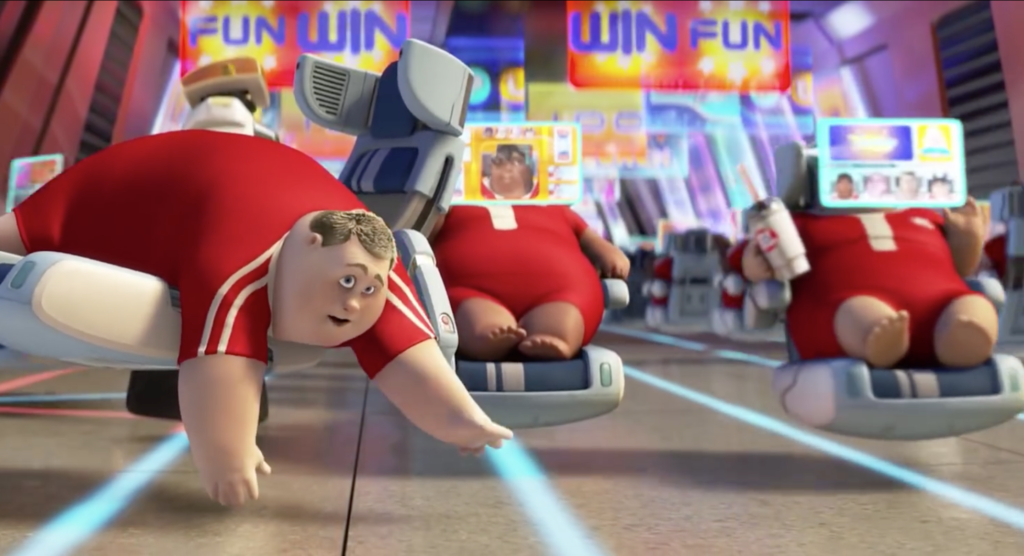
Politics and the Environment
A political and social revolution somewhere in the west will shock almost everyone and have unforeseen repercussions. Americans underestimate how long it will take the world to forgive them, and they will figure out one day how much of the world ran on American systems – and trust; that trust is gone. I’m also worried about the long term viability of the American project. We are closer to a social revolution than most realize, and this is based entirely on inequality, which is realized but has yet to be internalized. China will do everything it can to guarantee its future prosperity before the inevitable decline it knows is coming kicks in. Americans don’t quite understand this. I keep waiting for someone to ask Conservatives what they are trying to conserve. Everything that happens is about the control of the banking system and the currency it operates in, and not about a particular commodity or product. Except oil. What we are seeing in the world is a collective realization of the fossil fuel industry that its best days are behind it. We have never seen a great power cede its future so readily to the joy of the makers of the rot emanating from the Kremlin. There will be a moment of environmental catastrophe that is so obvious any kind of denialism will be seen as profiteering by the majority of people. We will hear the phrase “carrying capacity” more and more often and it will mean different things to different people. It won’t be the environment that convinces the hold outs but the insurance industry.
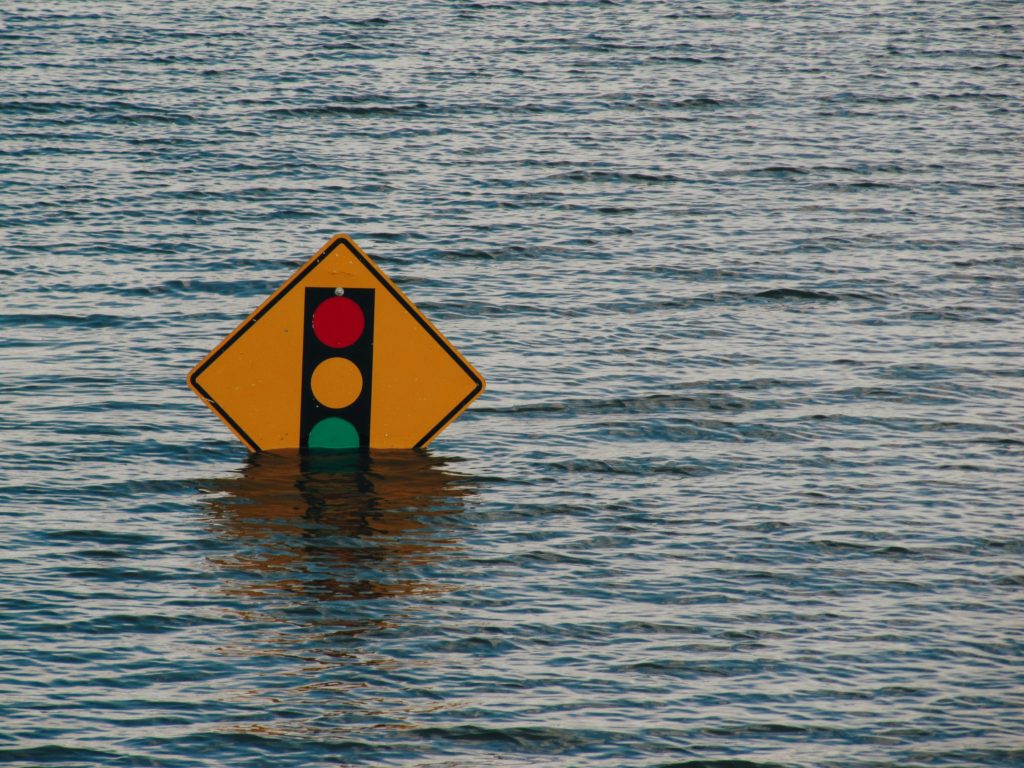
Photo by Kelly Sikkema on Unsplash
Tech, Marketing and Commerce
The further the tech industry distances itself from its last great innovation the more dangerous it becomes. AI will end up discovering something life changing in medicine but this will not stop the onslaught of slop. AI has a brand problem entirely of its own doing. The rise of AI means everyone has to earn your trust all over again and that might not be a bad thing. A tech platform will do something so egregiously evil that even the most blatant tech cheerleader will have to admit “that was bad.” More and more people will claim they can live without the internet and the lie will be less and less true and also more and more true. The influencer economy was a gateway to AI slop. More marketers will start to ask who the influencers are influencing. It’s not the message but the marketing. More and more people will understand that we are in a bad phase of capitalism and that the idea of infinite growth is illogical, impossible and dangerous. What does it say about advertising that much of the disruption we see in media always starts off as a way to avoid advertising? What does it say about advertising when more than half of us have ad blockers? There’s a reason “slop” is the word of the year. And it’s not a good reason.

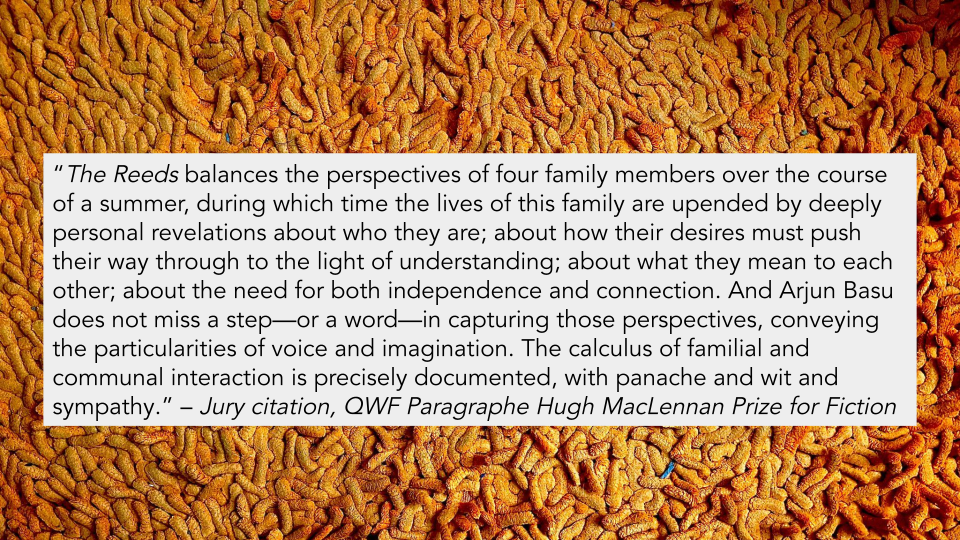
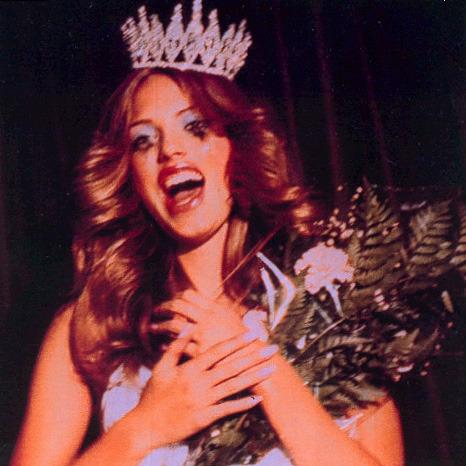 The Reeds was published a year ago, quietly, by choice (mine, not my publishers, believe me). And being quiet, I haven’t talked about it much. There was an
The Reeds was published a year ago, quietly, by choice (mine, not my publishers, believe me). And being quiet, I haven’t talked about it much. There was an 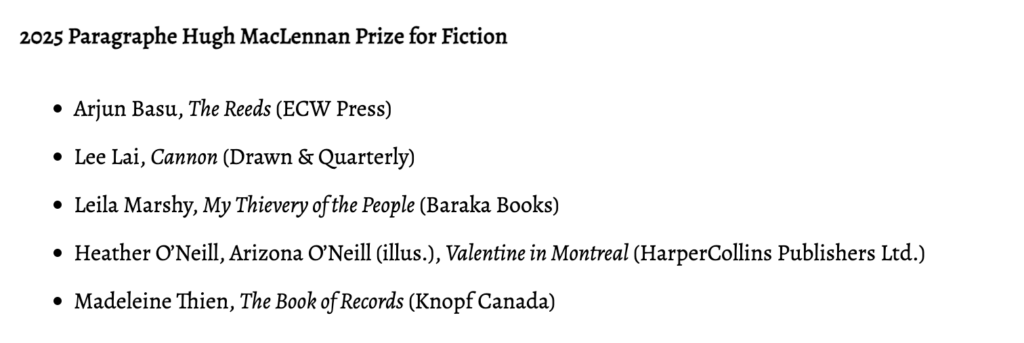
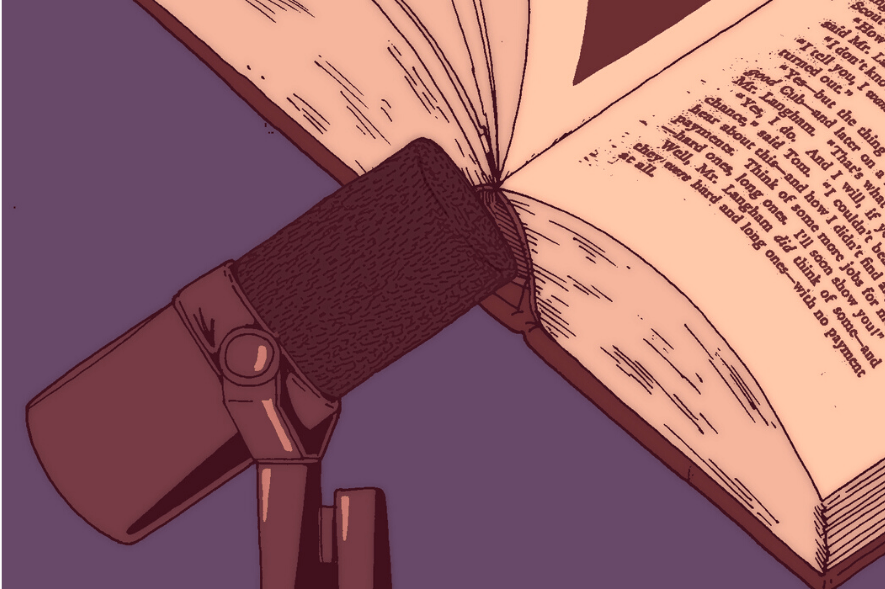
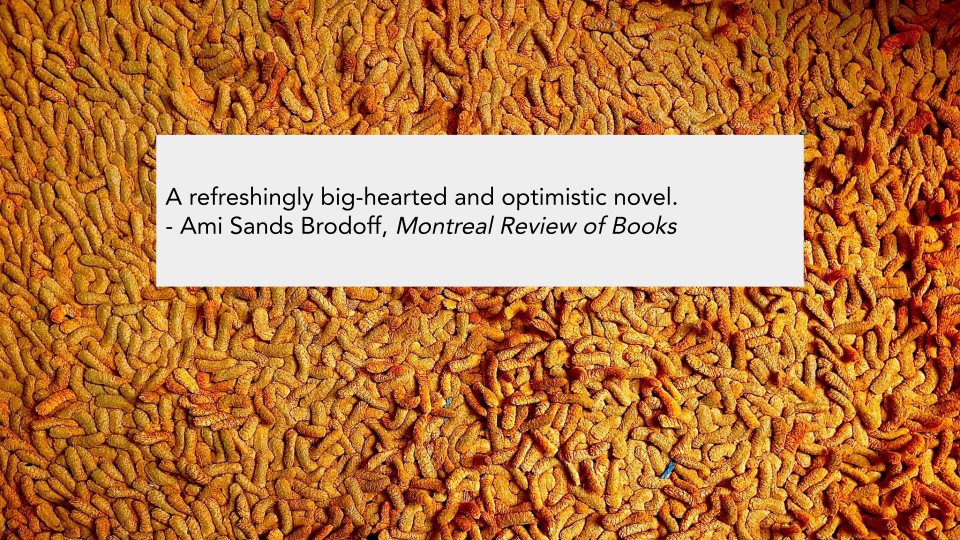
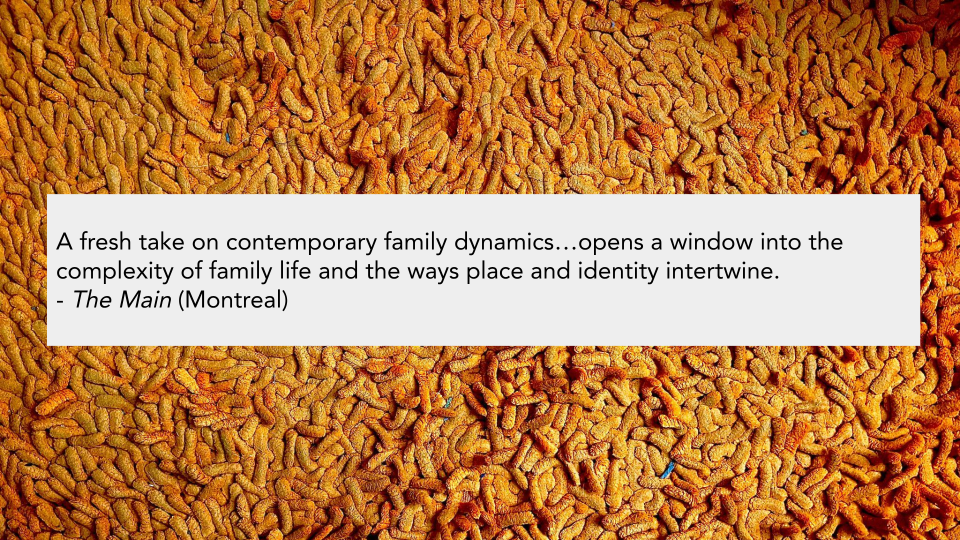
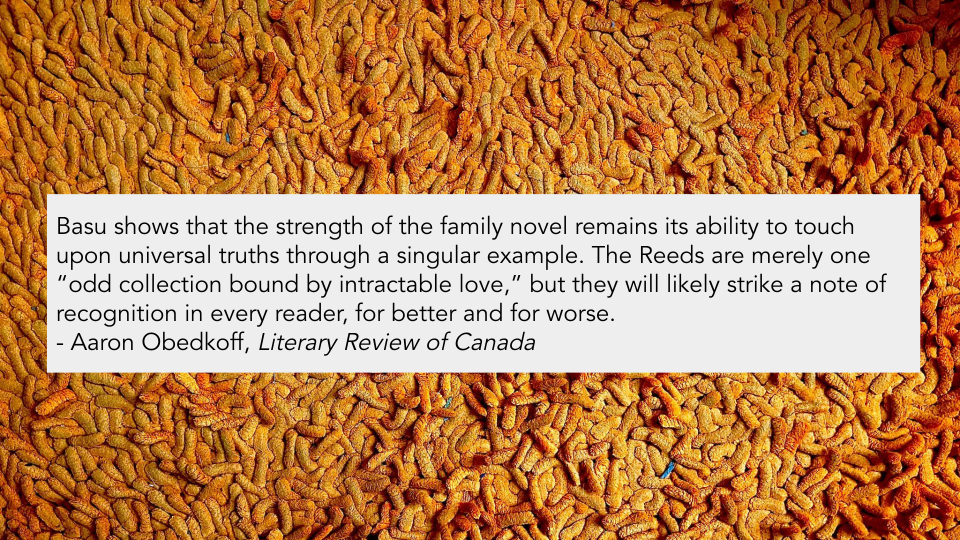
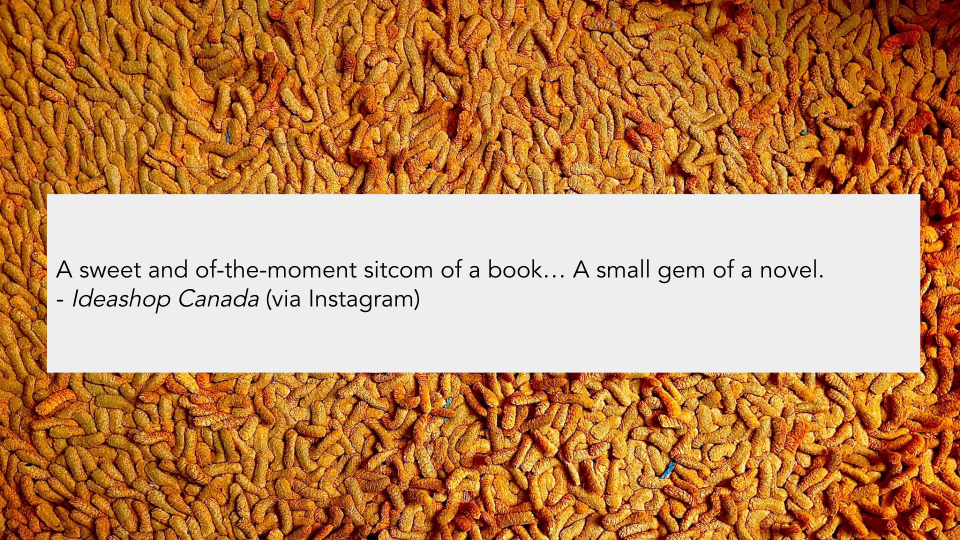

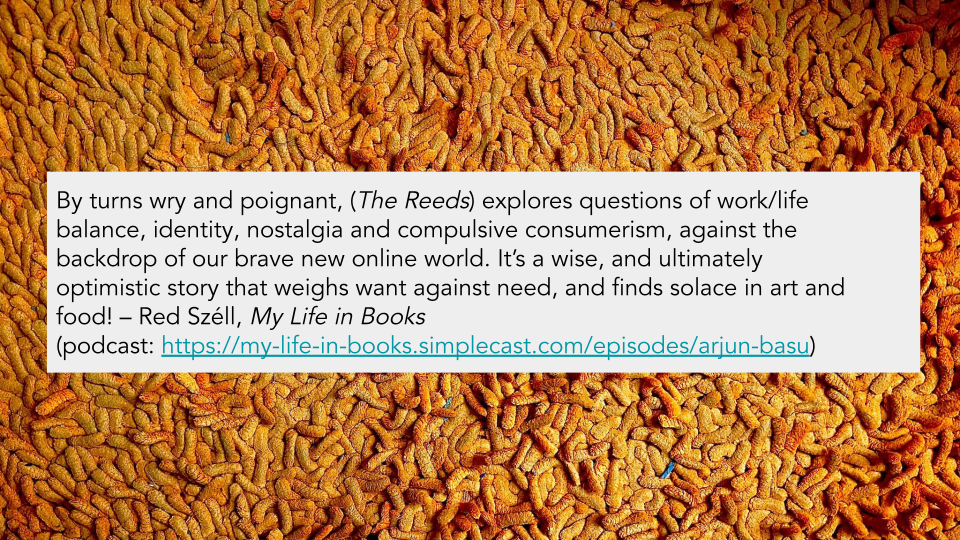
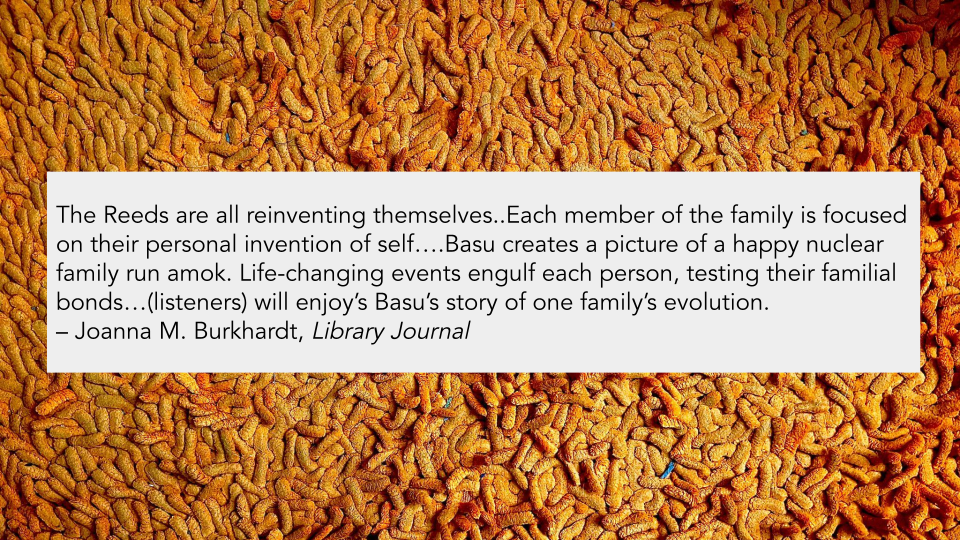
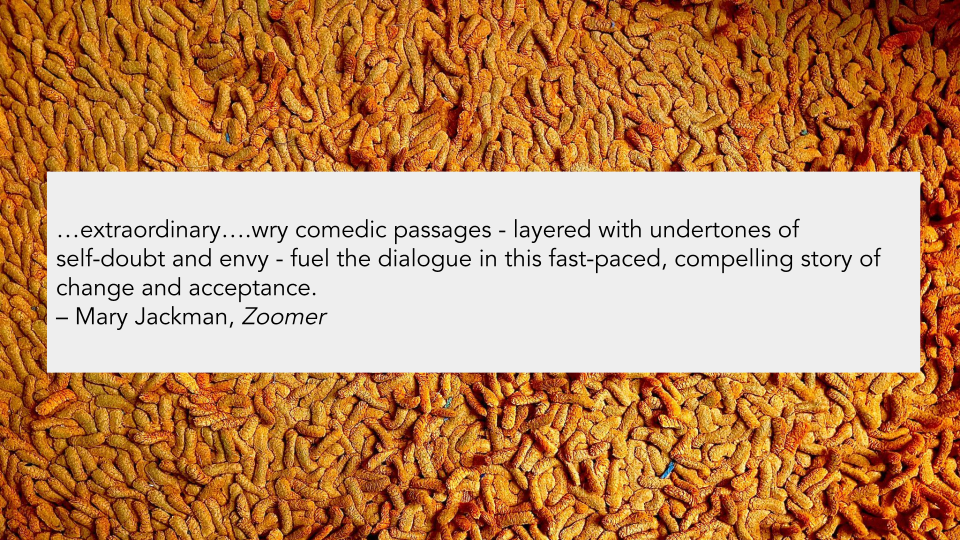

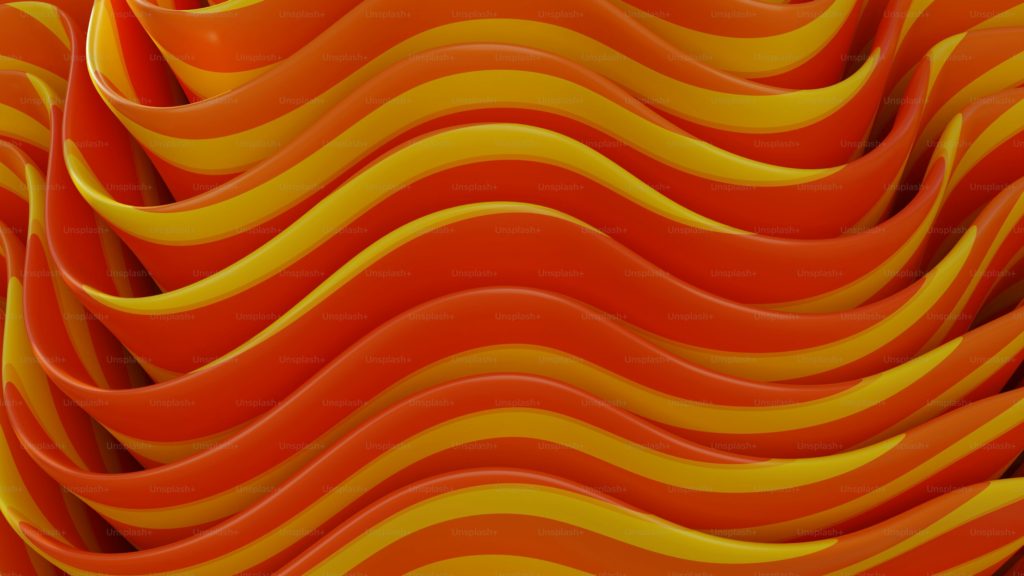 As a Canadian, I am not really in a position to speak of the choices Americans made yesterday. I don’t agree with them, fundamentally, and I’m extremely saddened by them, but that was their decision to make, and they made it.
As a Canadian, I am not really in a position to speak of the choices Americans made yesterday. I don’t agree with them, fundamentally, and I’m extremely saddened by them, but that was their decision to make, and they made it.